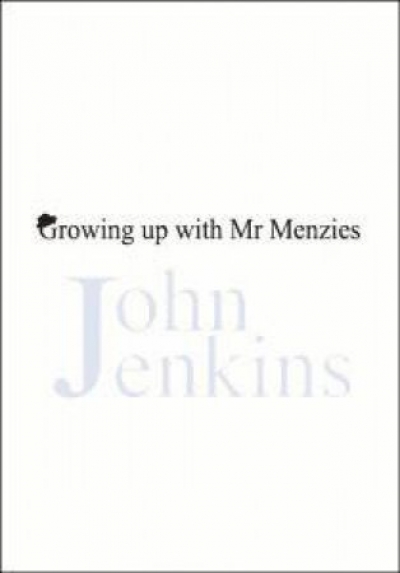John Jenkins
Eclogues: Newcastle Poetry Prize Anthology 2007 edited by Martin Harrison, John Jenkins and Jan Owen
by Andrew Burns •
ADB replies to Paul Brunton
Dear Editor,
Paul Brunton has written of the quotas used in the selection of subjects for inclusion in the Australian Dictionary of Biography in a review (ABR, February 2006) headed ‘Mysterious quotas’, and in a follow-up letter (ABR, April 2006).
... (read more)Subterranean Radio Songs by Joel Deane & Suburban Anatomy by Penelope Layland
by John Jenkins •



